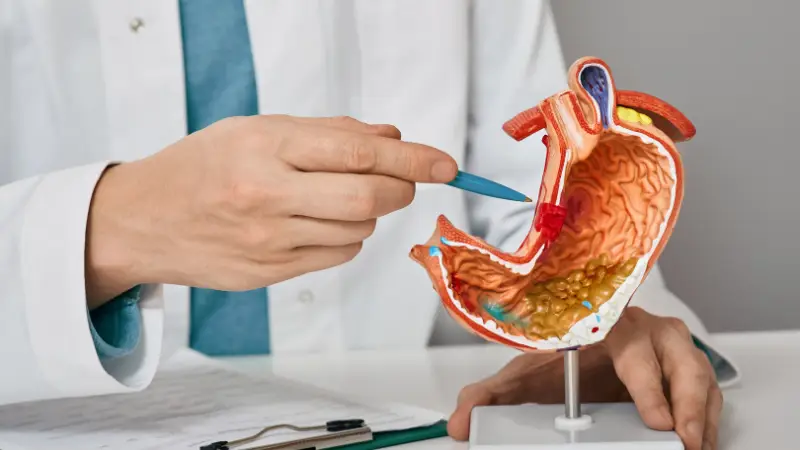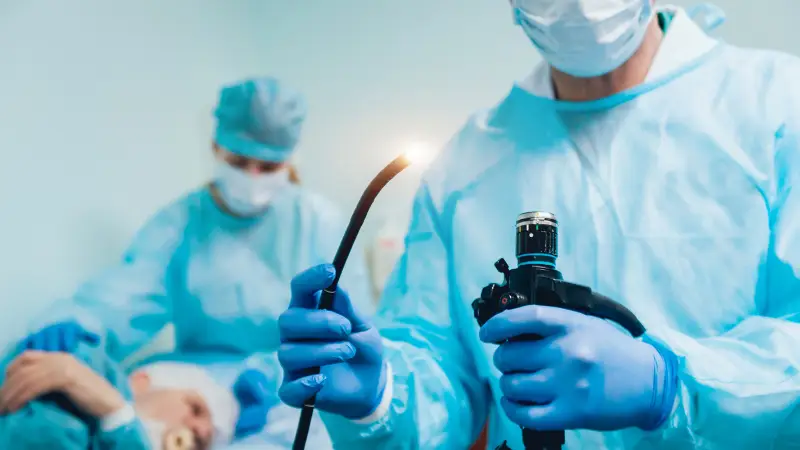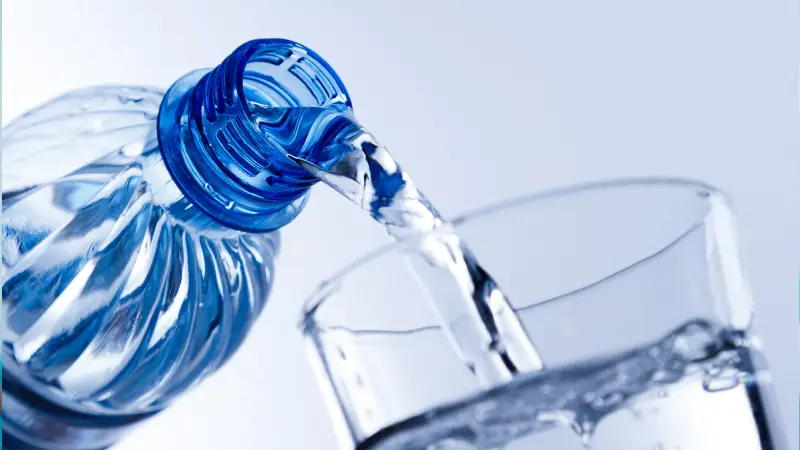Have you ever felt a burning pain in your stomach or upper abdomen that just won’t go away? Or maybe you’ve been hit with waves of nausea and lost your appetite for days?
It’s not just ‘indigestion’. It could be gastric pain or gastritis.
Read more: Differentiating Gastric Pain from A Heart.
These are classic gastric pain symptoms and should not be ignored, as they are related to the digestive system and could signal something more serious.
What is Gastric Pain or Gastritis?
Gastritis is when your stomach lining becomes inflamed, causing pain, bloating and discomfort. Left untreated, it can lead to peptic ulcers or even more severe stomach problems such as gastric cancer.
The Main Culprits Behind Gastritis (Causes)
Think of your stomach lining as a protective shield but certain risk factors can tear it down:
- Helicobacter pylori infection is a common bacterial infection that irritates your stomach lining.
- Frequent use of Over-the-counter nonsteroidal anti-inflammatory drugs (NSAIDs) or aspirin
- Overeating of spicy or acidic food (which increases stomach acid)
- Poor lifestyle habits such as smoking, excessive alcohol consumption
- Stress induced – leads to increased acid production and can sometimes contribute to gastroesophageal reflux disease
- Autoimmune attack
Spot the Warning Signs (Symptoms)
Don’t brush off these symptoms as they could be pointing to gastritis or other issues like irritable bowel syndrome:
- Stomach pain or burning (may be felt as general abdominal pain)
- Indigestion or feels bloated
- Nausea or vomiting
- Loss of appetite
- Excessive burping or passing wind
In some cases, it can advance to acute or chronic gastritis if left untreated.
How To Diagnose It?
- Urea Breath test – Detects H. pylori infection.
- Stool test – Checks for infection or bleeding.
- Blood test – Identifies signs of inflammation.
- Gastroscopy – A small camera looks directly inside your stomach to help rule out stomach cancer and other complications.
How to Treat Your Stomach?
Treating gastritis is all about calming down your irritated stomach (reducing stomach acid) and fixing the cause behind it. Here’s the breakdown:
- Antibiotics for those tested positive for H. pylori infection
- Acid control meds such as antacids or PPIs
- Talk to your doctor about safer painkiller options.
- Quit alcohol and smoking
⚠Warning: Ignoring gastritis can lead to ulcers. Seek medical advice if symptoms persist.
Quick Lifestyle Fixes to Relieve Gastric Pain
- Eat smaller, gentle meals such as porridge or soup.
- Avoid spicy, fried, or acidic foods until your stomach feels better.
- Cut down on coffee, tea and carbonated drinks.
- Stay hydrated and avoid skipping meals.
- Reduce stress through relaxation techniques.
- Avoid lying down right after eating.
- Prop up your head with an extra pillow when sleeping to reduce acid reflux.
- Lose extra weight as it reduces pressure on your stomach.
If your stomach pain lingers, don’t wait. Let our gastroenterology specialists help you heal fast and prevent serious complications. We provide expert and comprehensive gastrointestinal care with personalised treatments to get you back to feeling your best.






